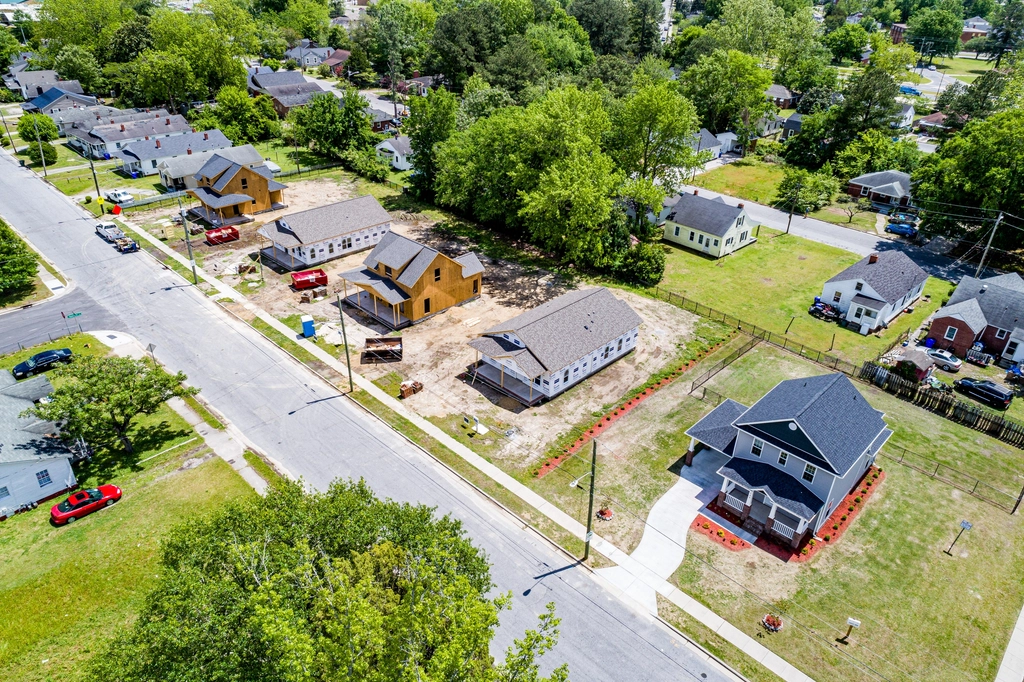Understanding the Healthcare Landscape in North Carolina

The healthcare system in North Carolina is undergoing a pivotal transformation, particularly with the expansion of Medicaid. This initiative aims to provide health coverage to a broader segment of the population, focusing on rural areas where healthcare access is often limited. Rural communities face unique challenges, such as a shortage of healthcare providers and transportation barriers. By expanding Medicaid, North Carolina hopes to address these issues and improve overall health outcomes. The expansion is not just about increasing numbers; it’s about enhancing the quality of life for residents by providing them access to essential healthcare services.
The Need for Healthcare Expansion in Rural Areas

Rural communities in North Carolina are in dire need of improved healthcare access. According to the North Carolina Rural Health Research Program, approximately 1.5 million residents live in rural areas, with many lacking adequate health insurance coverage. The state has one of the highest uninsured rates in the country, with about 10% of the population lacking coverage. This lack of insurance leads to delayed medical care, higher rates of chronic diseases, and increased mortality rates. Addressing these issues through Medicaid expansion can significantly impact the health and well-being of these communities.
Economic Impact of Medicaid Expansion

The economic ramifications of Medicaid expansion in North Carolina are substantial, particularly for rural communities. By providing health insurance to more individuals, the state can alleviate the financial burden on hospitals and clinics that often provide uncompensated care. This financial relief can lead to job creation in the healthcare sector, as facilities expand to meet the increased demand for services. Additionally, increased funding for rural hospitals can boost local economies through increased spending, creating a ripple effect that benefits various sectors.
Improved Access to Healthcare Services

Medicaid expansion will significantly improve access to essential healthcare services for rural residents. This includes preventive care, mental health services, and substance abuse treatment. By enhancing access to these services, early detection of health issues becomes possible, reducing the need for more costly emergency care down the line. Rural healthcare providers can offer a broader range of services, ultimately improving overall community health. This not only benefits individuals but also strengthens the healthcare system in rural areas.
Addressing Health Disparities

Medicaid expansion is a crucial step towards addressing health disparities in rural communities. Many rural residents face barriers such as transportation issues, lack of healthcare providers, and socioeconomic challenges. By expanding Medicaid, North Carolina can help bridge these gaps, ensuring that all residents have access to the care they need, regardless of their location or income level. This initiative aims to create a more equitable healthcare system, where everyone has the opportunity to achieve optimal health.
Enhancing Mental Health Services

Mental health is a significant concern in rural communities, often exacerbated by stigma and lack of resources. Medicaid expansion can improve access to mental health services, allowing more individuals to seek help without the fear of financial ruin. This is particularly important in the wake of the COVID-19 pandemic, which has increased mental health issues across the board. By providing resources and support for mental health treatment, North Carolina can work towards destigmatizing mental health and improving the well-being of its residents.
Strengthening Local Healthcare Systems

The expansion of Medicaid can lead to a stronger healthcare infrastructure in rural areas. As more residents gain coverage, local hospitals and clinics can stabilize their finances and invest in new technologies and services. This can result in better patient care and improved health outcomes for the community. By strengthening local healthcare systems, North Carolina can ensure that rural communities have access to high-quality care, regardless of their geographic location.
Impact on Chronic Disease Management

Chronic diseases are prevalent in rural areas, often due to limited access to healthcare services and resources. Medicaid expansion can improve chronic disease management by providing residents with the necessary tools and support to manage their conditions effectively. This includes access to medications, regular check-ups, and lifestyle interventions. By focusing on prevention and management, North Carolina can reduce the burden of chronic diseases and improve the quality of life for its rural residents.
Fostering Community Health Initiatives

Medicaid expansion can foster community health initiatives, promoting a culture of health and well-being in rural areas. By providing resources and support for community programs, North Carolina can encourage residents to engage in healthy behaviors and make informed decisions about their health. This can lead to a more vibrant and resilient community, where individuals are empowered to take control of their health and well-being.
The Future of Healthcare in North Carolina

The expansion of healthcare in North Carolina holds the potential to transform rural communities significantly. By increasing access to insurance and healthcare services, the state can address long-standing health disparities, boost local economies, and improve the overall quality of life for its residents. As North Carolina moves forward with Medicaid expansion, it is essential to continue monitoring its impact on rural communities to ensure that all residents can benefit from these changes.





